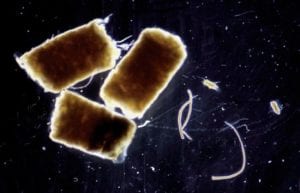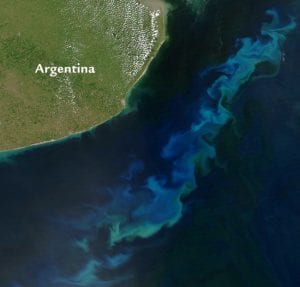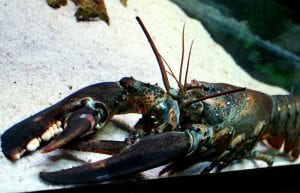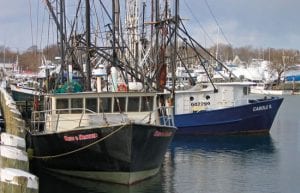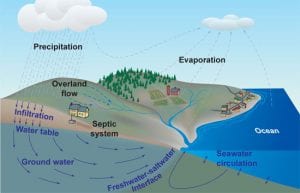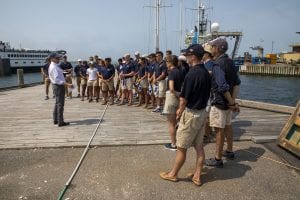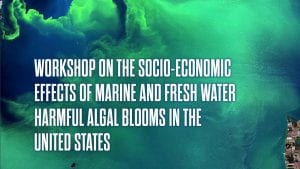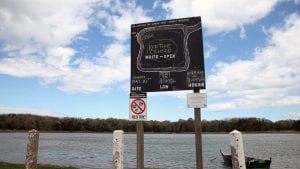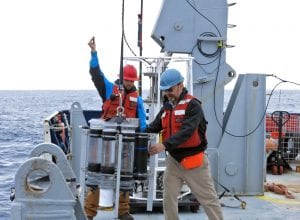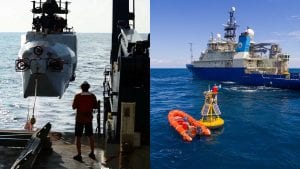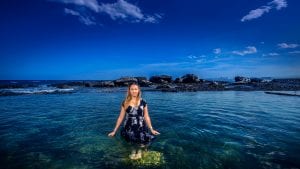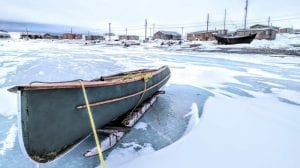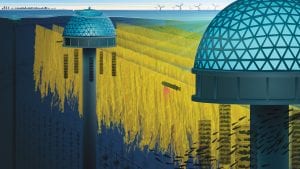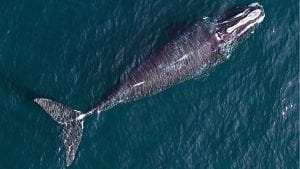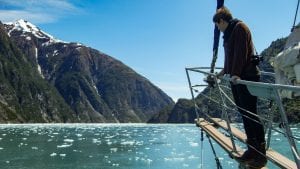Research Highlights
WHOI in the News
Viviane Menezes, a marine scientist at the Woods Hole Oceanographic Institute in Massachusetts, has described the Red Sea as being like a “big lagoon” with “everything connected.” An oil spill at any time of year would be disastrous, she says, but seasonally variable weather and tidal patterns make contingency planning difficult. In the summer, Red Sea currents would drag an oil slick south, threatening Eritrea and Djibouti, and potentially entering the Gulf of Aden. In winter, circular currents would swirl more of the oil north.
Scientist hopes his smart system can reduce ship collisions with North Atlantic right whales. A new technology on the horizon may help to reduce one of those threats, however.
By definition, science seeks to avoid bias, remain independent, refute falsehoods, and seek answers based on evidence, reason, and consensus. An editorial writen by Peter de Menocal and Richard W. Murray.
MPC Research Specialist, Hauke Kite-Powell, has recently been appointed to a National Academies of Sciences, Engineering, and Medicine committee to study U.S. contributions to global ocean plastic waste.
Oceanus Magazine
News Releases
Woods Hole, WHOI campus now a stop on the USNA summer sailing team’s route
On Friday, July 15, five USNA sailing vessels carrying a total of 50 U.S. Navy personnel docked at Woods Hole Oceanographic Institution’s waterfront facilities, the first post-COVID […]
Woods Hole, Mass. – Harmful algal blooms (HABs) occur in all 50 U.S. states and many produce toxins that cause illness or death in humans and commercially important species. However, attempts to place a more exact dollar value on the […]
Projects will help enhance monitoring and determine socioeconomic impacts of blooms nationwide
Researchers at Woods Hole Oceanographic Institution (WHOI) were recently named in a list of 17 new research projects funded by the National Oceanic and Atmospheric Administration (NOAA) to improve […]
A new study puts an economic value on the benefit of research to improve knowledge of the biological carbon pump and reduce the uncertainty of ocean carbon sequestration estimates.
Woods Hole Oceanographic Institution (WHOI) scientists appear in two shorts and a feature film at this year’s Woods Hole Film Festival (WHFF). In addition, scientists will also participate in Q&A sessions connected to three of the festival’s feature-length, ocean-themed entries.
The […]
News & Insights
Harriet Harden-Davies has spent more than 10 years working in the marine policy arena and is now aiding in major U.N. negotiations on laws governing the high seas
WHOI has teamed up with Greentown Labs and Vineyard Wind to launch the Offshore Wind Challenge. The program, which is also partnering with New England Aquarium, calls on entrepreneurs to submit proposals to collect, transmit, and analyze marine mammal monitoring data using remote technologies, such as underwater vehicles, drones, and offshore buoys.
Aria Ritz Finkelstein began her career hoping to help craft laws for the management of natural resources on land, until a fateful sailboat convinced her to do it for the sea

